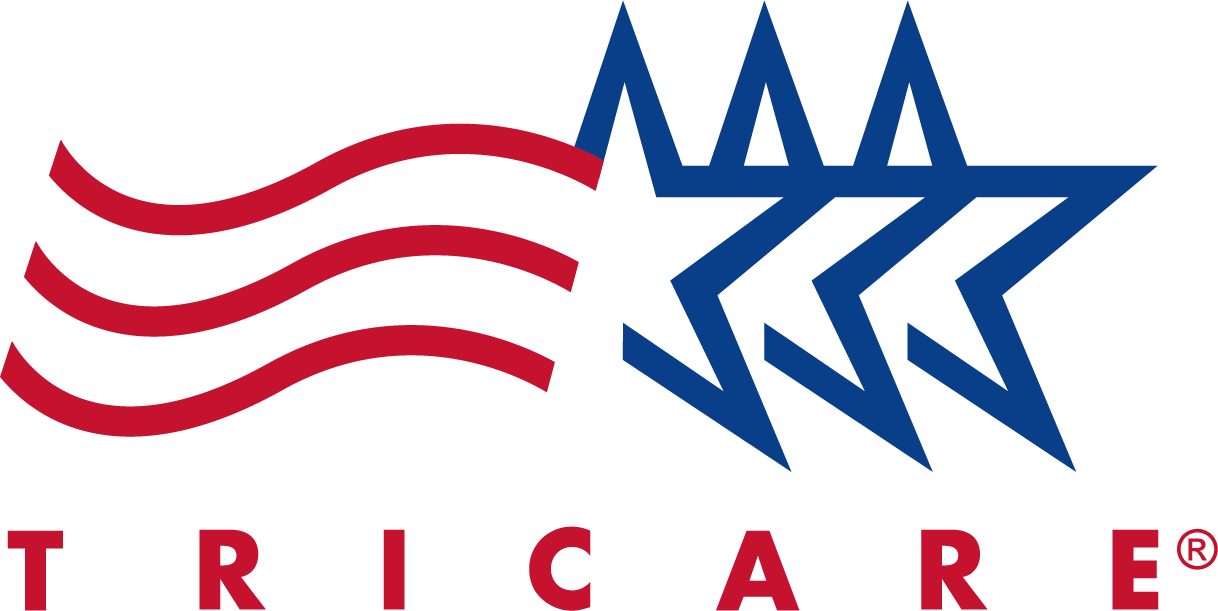Balance Billing, Moonlighting, and Hold Harmless
Balance Billing
Balance billing occurs when a provider bills a TRICARE beneficiary for any amount more than the TRICARE-allowable charge after TRICARE has processed the claim.
TRICARE prohibits the practice of balance billing. Balance billing requirements apply to both network and non-network providers who treat TRICARE beneficiaries, and noncompliance can impact your TRICARE and/or Medicare status. TRICARE encourages both network and non-network providers to explore all available options to resolve claims issues without involving a debt collection agency.
Moonlighting
Moonlighting is the practice of healthcare professionals providing services outside of their position under TRICARE.
There are limited circumstances where moonlighting providers are permitted to treat TRICARE beneficiaries, such as providing emergency services.
Some providers employed full-time by the DOD may receive permission to moonlight, or work in the civilian sector as a second job, if they have Commander approval. Only active duty military providers and General Schedule (GS) civil service providers are eligible for moonlighting. These providers may not treat TRICARE beneficiaries and bill for such services while moonlighting. This restriction includes civilian health care entities who employ moonlighting providers and knowingly bill TRICARE for beneficiaries seen by active duty military or GS civil service providers.
Hold Harmless
If a beneficiary received any excluded or excludable services from a network provider, that provider must not require payment (i.e., the beneficiary will be held harmless) with the following exceptions:
- If the beneficiary did not inform the provider that they are a TRICARE beneficiary, the provider may bill the beneficiary for services provided.
- The patient is advised in writing that TRICARE does not cover the non-covered procedure, and the patient accepts financial liability. An agreement to pay must be reflected in the written records such as:
- Provider notes written prior to receipt of the services
- Statement or letter written by the beneficiary before receipt of the services
- Statements written by both the beneficiary and provider following receipt of the services
- Network pharmacies are not subject to Hold Harmless provisions; the beneficiary may appeal such a denial.
General agreements to pay, such as those signed by the beneficiary at the time of admission, are not evidence that the beneficiary knew specific services were excluded or excludable.
In their participation agreements with TRICARE, certified marriage and family therapists agree to hold eligible beneficiaries harmless for non-covered care.
